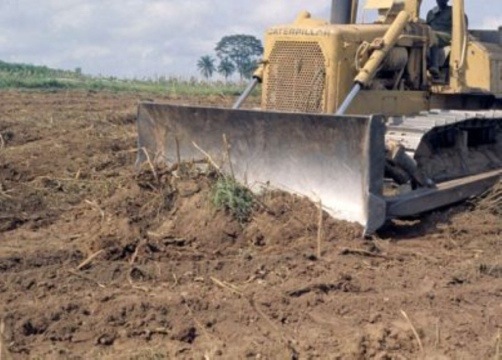What do you consider yourself to be among your followers? Are you a plough or a bulldozer? Answering these questions honestly can determine whether you are more of a “soft” leader or a “hard” leader.
Joan Marques in his article understanding the strength of gentleness: soft-skilled leadership on the rise, noted that most employees prefer their leaders to have more of “soft” skills rather than “hard” skills. People want their leaders to be like a plough being pulled rather than like a bulldozer forcing their ideas on them. People no longer praise “tough” skills such as vision, boldness, charisma, eloquence and extroversion as prominent traits of leadership. They prefer leaders with soft skills such as self-awareness, motivation, empathy and social skills.
Hard leadership focuses on what needs to be achieved, emphasizing on the end result and caring less about the means. Tough leaders succeed by putting pressure on their subjects. They often adopt transaction and autocratic styles of leadership. They focus on what you know more than what you care about.
Soft leadership, on the other hand, is leading through soft skills and people skills. It helps in managing emotions, egos and feelings of the people successfully. Soft leaders consider people their partners. As noted by Professor Rao, a leadership consultant, soft leadership is a process of setting goals, influencing people through persuasion, building teams and negotiating them with a win-win attitude. As a soft leader, you are able and willing to step into the shoes of the partners and look at the issues objectively in order to achieve the desired outcome effectively.
Here are the five key qualities of a ‘plough’ leader rather than a ‘bulldozer’ leader.
1. Soft leaders focus on persuasion rather than pressure.
2. Soft leaders emphasize transformation rather than task
completion
3. Soft leaders believe in setting a personal example
through empathy, negotiation and assertiveness rather than
instilling fear, threats or adopting “carrot and stick
policy”
4. Soft leaders believe in how much you care rather than how
much you know
5. Soft leaders appeal to higher values and ideals rather
than reward and punishment
Do you agree that soft skills are becoming prominent than hard skills in the fight for leadership positions? Share your views.
Edited by Domenico Nicosia


In my understanding, the best leadership style is contextual. It depends on different cultures, power relations and governance structures and other conditions. A hard leadership may work greatly in certain context and but at some point teammates may expect hard leadership from the leader. It is not just black and white.
I agree that soft leadership is more valuable than hard one. I’m apsolutely positive that it can bring more results. However, it is still not practiced enough but trend is definitely emerging, which gives me hope that it will be dominant in a near future.
I agree, that especially in the context of emotional intelligence theory, softer leadership is becoming more popular. But I must also agree with Derya that leadership has to be customized to suit each individual scenario. I want to add that it depends significantly on the type of follower – his/her skills, abilities, goals, aspirations and expectations of the leader.
Nice and preoccupying question the man!
To me the better way to prevent letting anything behind is to make a mixed up between “soft” and “hard” leadership styles. That means being able to adapt to the context as already mention some one. Even if you strive as a soft leader to smartly influencing people to do their best to get things done, you could find other people who works under pressure, who need to be directed-it does exist-so combining the two styles with a prominence to the soft one could do.
Anyway, great recalling on what could be how position as leaders, STEVEN!
@IssaNapon